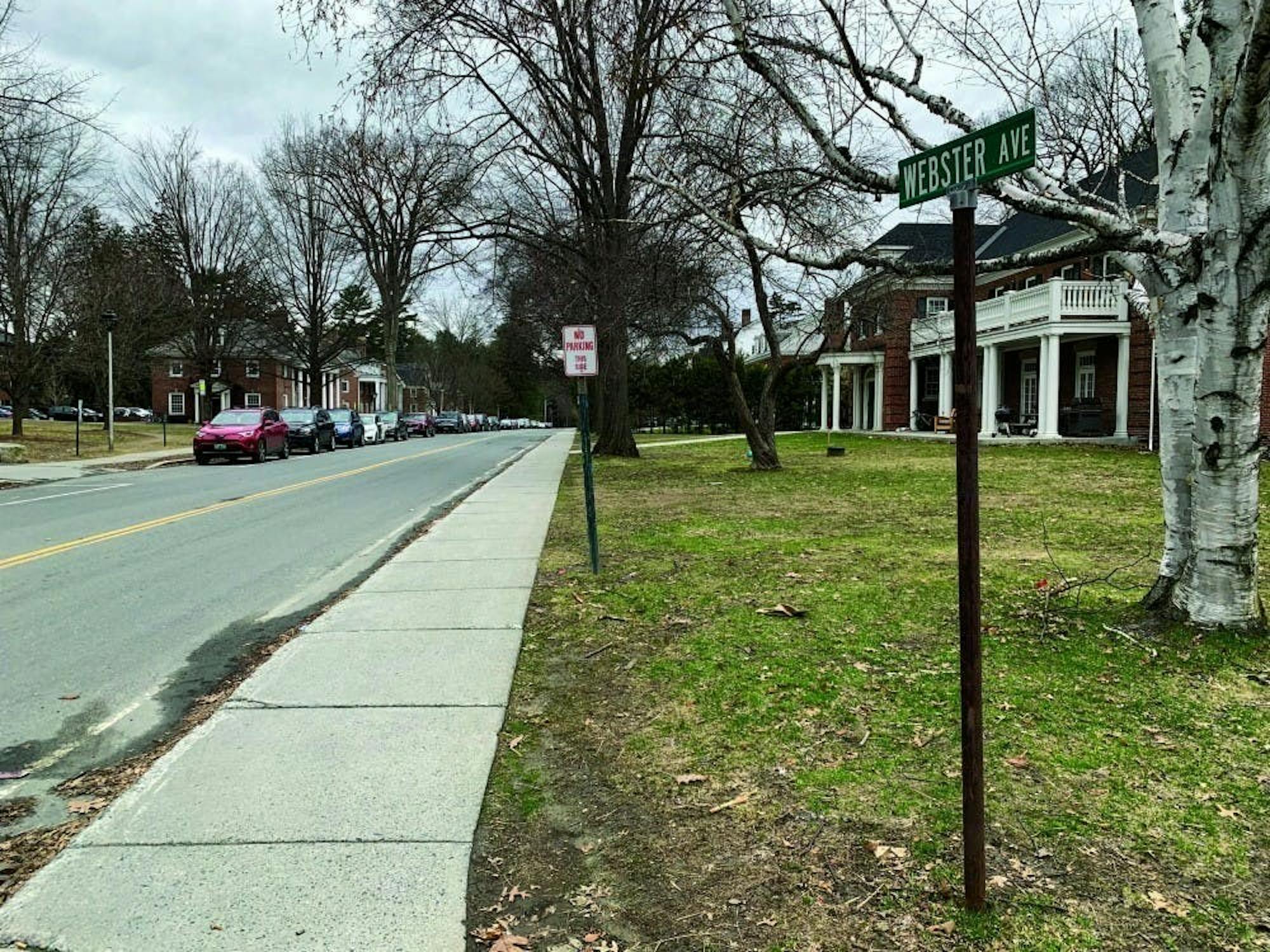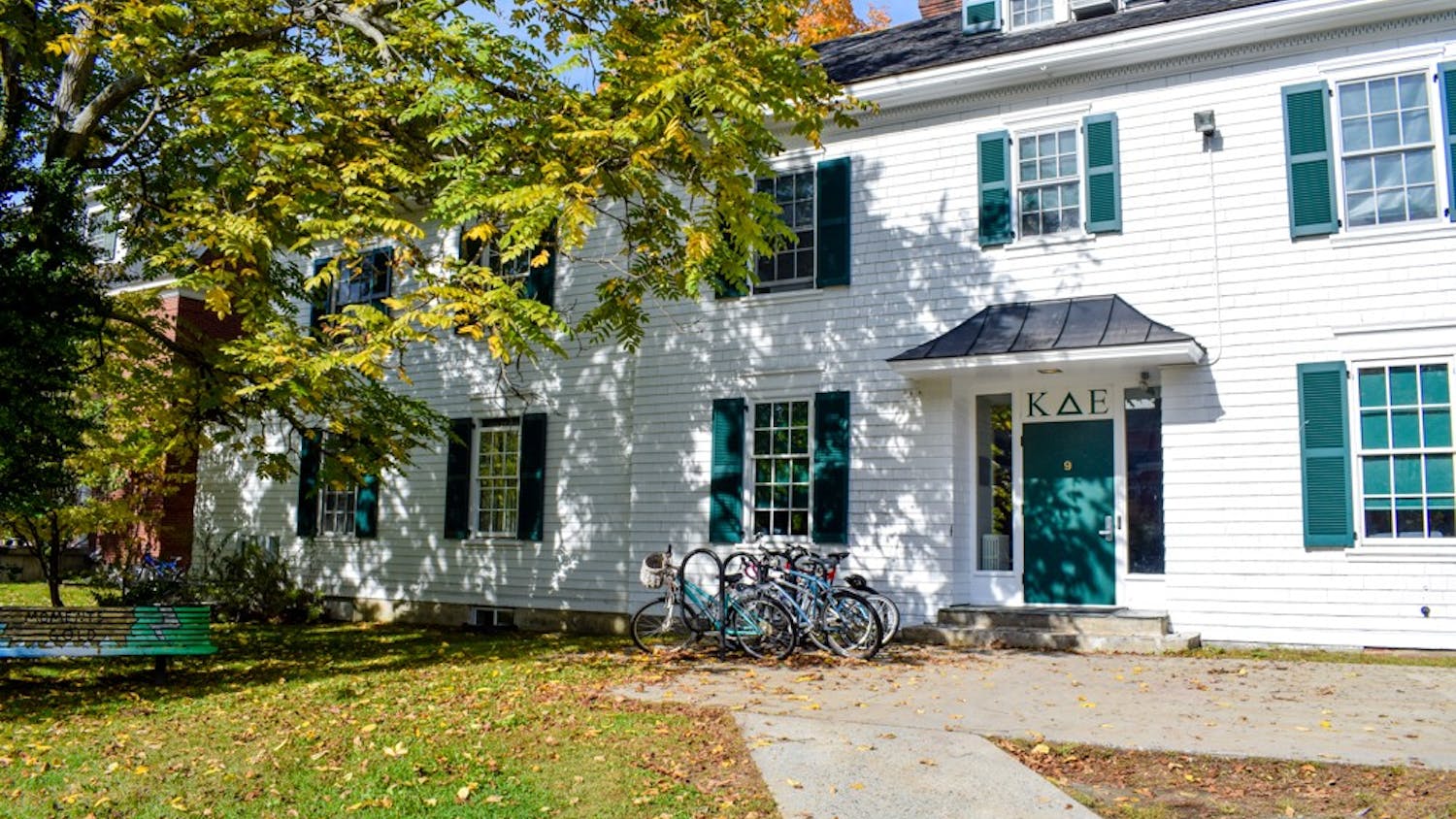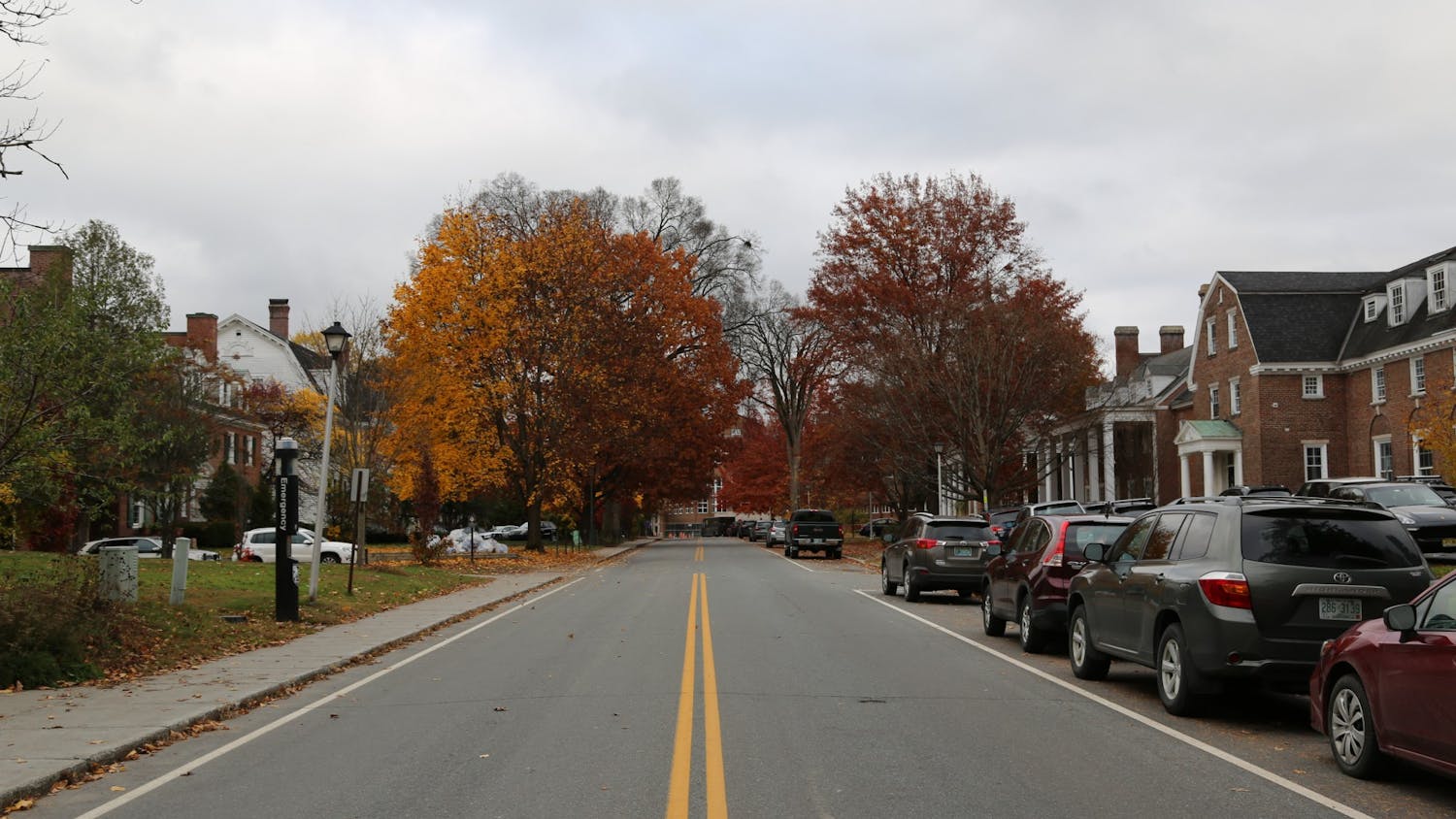Following uncertainty among Dartmouth sororites and the Inter-Sorority Council over the inclusion of non-binary and gender non-conforming people in their bylaws, members of local sororities Chi Delta, Kappa Delta Epsilon and Sigma Delta each voted at the end of spring term to change their house constitutions to explicitly include non-binary potential new members.
In addition to Epsilon Kappa Theta, which already explicitly included non-binary and gender non-conforming new members in its constitution, all four local sororities now have language within their bylaws that would allow non-binary PNMs to join. Meanwhile, national sororities Alpha Phi, Alpha Xi Delta, Kappa Delta and Kappa Kappa Gamma remain restricted by national policies that limit membership only to self-identifying women.
EKT president Megan Ungerman ’21, who first raised concerns about non-binary and gender non-conforming inclusivity within the ISC, said that EKT was “really excited” about the amendments.
However, the current ISC rush process requires PNMs to attend rush events at every house — including national sororities, which may not accept non-binary or gender non-conforming people. ISC president Mahalia Dalmage ’21 stated that she “thinks” the rush process will not change despite restrictions against non-binary and gender non-conforming PNMs at some houses, though she added that the ISC and individual house presidents are working together to come up with a recruitment process where “no one feels uncomfortable.”
Dalmage confirmed that non-binary people will still be allowed to rush.
KDE president Jada Brown ’21 said it was “sad” that non-binary and gender non-conforming people will still have to participate in a form of rush that would require them to visit houses that might not accept them.
Brown also noted, however, that some national houses may accept non-binary and gender non-conforming people “off the books.”
Regarding their own rush process, Brown said that KDE has long wanted to hold a “shakeout” rush — in which PNMs would not be required to formally register and would only attend events at the sorority of their choice, similar to the current fraternity rush system — but the ISC will not allow them to opt out of the traditional rush process. Until 2018, EKT had an individual shakeout rush program, but it was forced to participate in the formal rush process after the ISC denied its shakeout petition. In 2016, Sigma Delt also adopted a shakeout rush process, but the ISC denied its petition the following year.
Ungerman said that the rush process needs to change and described it as “inherently hurtful.”
Sigma Delt president Gigi Gunderson ’21 hasn’t decided on how she wants the rush process to look, but she stated that she hopes to “first center the voices of non-binary PNMs” before any decisions are made.
Ungerman said that before the issue of non-binary inclusivity came up, local houses thought they “had a lot more autonomy than they might actually have.”
According to Ungerman, Office of Greek Life program coordinator Jessica Barloga said that the ISC has to follow the bylaws of the National Panhellenic Council, which Ungerman said Barloga has suggested to mean that both local and national sororities may have to follow NPC guidelines. Non-binary and gender non-conforming people are not included within the NPC’s bylaws.
Ungerman said that local sororities “still don’t have an answer” regarding whether local sororities may be bound to NPC rules.
Barloga did not respond to multiple requests to comment.
Dalmage said that she does not believe there is much of a divide between local and national houses.
Ungerman, however, noted that “it's hard to be under one governing body when [houses] have different priorities.”
Gunderson said that while local houses may value their own autonomy, “there’s something really powerful about having a united group of sororities.”
Chi Delt president Isabella Frohlich ’21 said that a “vast majority” of her house voted to change its constitution.
Frohlich added that this remains an “ongoing discussion” and that voting does not instantly change a house’s culture. She said that all the local houses were “in the same boat” regarding the amendments, and there may be some coordinated effort between local houses to educate themselves and implement changes.
Frohlich said that “all the sororities are on the same page” but that “it's just kind of a matter of how we can do that with our own houses in our own laws.” She described it as a “luxury” to be a local sorority in that they have “power” to take the issue into their own hands.
Brown said that 70 percent of KDE voted to amend its constitution. She added that without the vote of the outgoing seniors, 75 to 80 percent voted in favor of the change. Before the vote, the house considered the issue over the course of a week through several house-wide conversations, office hours with house leadership and an anonymous form open to all members of the house.
However, Brown said that it felt “counterproductive” to have these conversations over Zoom and that she looks forward to continuing discussions about how to make the house more inclusive.
Moving forward, Brown said that members of KDE may refer to each other as “family” and use the term “womxn” to be more inclusive of non-binary and gender non-conforming individuals.
Gunderson said that Sigma Delt was in a “unique position” given that they had “operated under the informal policy that non-binary, gender non-conforming PNMs were always welcome in the house.”
She added that the voting process was less a conversation about the actual policy and more focused on the wording of the bylaw change. After several “office hour” like events, the Sigma Delts voted to change the policy.
Ungerman said that while Greek life, as a system “rooted in racism, sexism and patriarchy,” is often “discriminatory” and “segregated,” the inclusion of non-binary and gender non-conforming people in local sororities is a “good step in the right direction.”
"People deserve these spaces,” Ungerman said, “if they want to be in them.”




